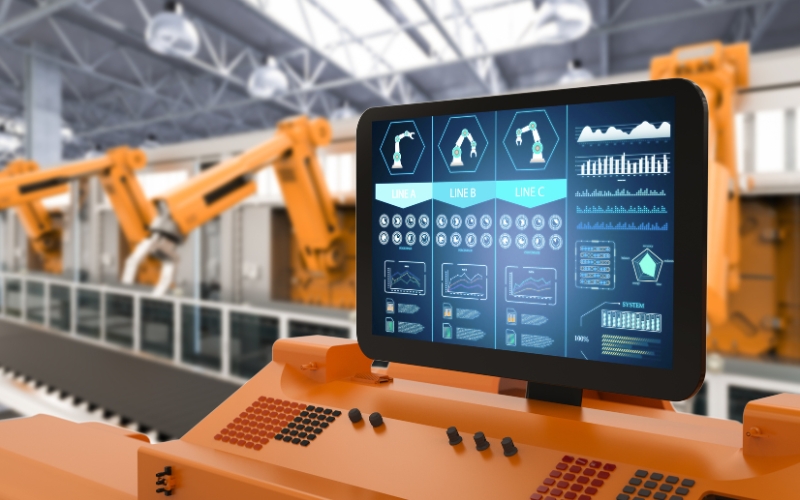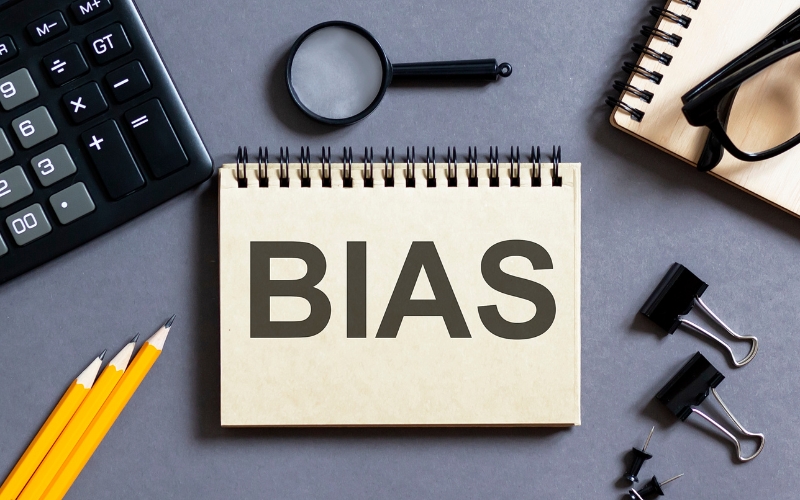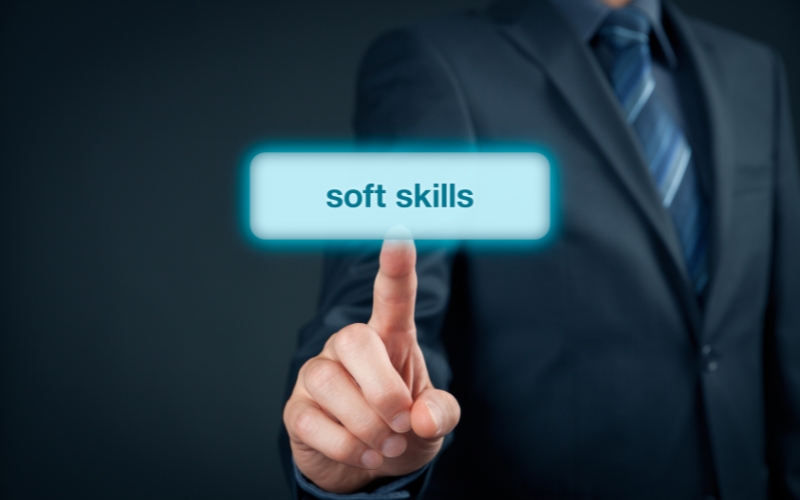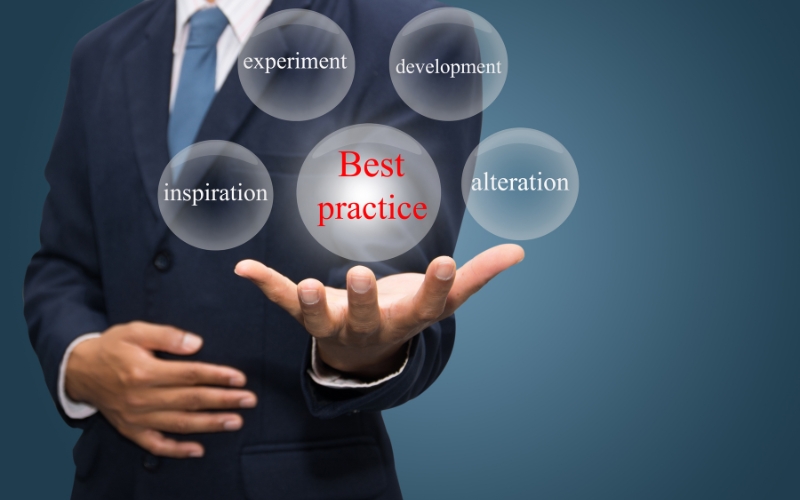- Automating Candidate Sourcing and Screening
- Reducing Unconscious Bias
- Enhancing Predictive Analytics for Candidate Success
- Improving Candidate Engagement and Communication
- Assessing Soft Skills and Cultural Fit
- Faster Decision-Making with AI-Driven Insights
- Ensuring Compliance and Data Security
- Ready to Revolutionize Your Executive Hiring? Let JRG Partners Help You Streamline Executive Hiring!
The integration of artificial intelligence (AI) into executive hiring processes has revolutionized recruitment, allowing companies to make faster, more informed, and unbiased decisions. AI not only streamlines the process but also helps identify top-tier candidates who align with the company’s goals and culture. However, while AI can optimize executive hiring, it’s important to implement it effectively. This article explores the best practices for using AI to streamline executive hiring.
Automating Candidate Sourcing and Screening

AI is incredibly effective at automating the time-consuming tasks of sourcing and screening candidates to streamline executive hiring. Executive hiring typically involves reviewing hundreds of resumes and LinkedIn profiles. AI can rapidly scan through these documents and profiles to identify key qualifications and experiences that match the criteria set by the organization.
By using AI-powered tools such as applicant tracking systems (ATS), recruiters can automate the process of parsing resumes and identifying the most relevant candidates based on specific keywords, educational background, work experience, and even soft skills. These systems use machine learning algorithms to continuously improve accuracy and effectiveness.
Best Practice: When implementing AI for candidate sourcing to streamline executive hiring, ensure that the system is configured to prioritize the most relevant attributes for executive-level roles, such as leadership experience, industry expertise, and strategic thinking.
Reducing Unconscious Bias

One of the most significant benefits of using AI to streamline executive hiring is the reduction of unconscious bias. Human recruiters may unintentionally favor certain candidates based on personal preferences, education, or even factors such as gender or ethnicity. AI algorithms, when designed properly, can focus solely on the skills, qualifications, and performance metrics of candidates without considering irrelevant personal factors.
AI tools analyze candidates’ resumes, profiles, and performance metrics based purely on data, minimizing the likelihood of bias. For example, AI-powered software can anonymize candidate information, removing names, genders, and other identifying details during the initial screening stages, which promotes a more diverse and inclusive hiring process.
Best Practice: When using AI to reduce bias and streamline executive hiring, ensure that the data fed into the system is unbiased. This involves regular audits of the algorithm to check for any unintentional biases that may emerge.
Enhancing Predictive Analytics for Candidate Success

Predictive analytics is one of the most exciting applications of AI in executive hiring. AI tools can analyze historical hiring data and the performance of past hires to predict which candidates are most likely to succeed in specific executive roles. By assessing key factors such as work history, leadership style, and previous accomplishments, AI can offer insights into which candidates are best suited for long-term success at the company.
Predictive analytics can also help identify potential challenges a candidate may face within the organization’s unique culture or operational structure. By leveraging AI, companies can make better hiring decisions based on data-driven insights.
Best Practice: Use predictive analytics to complement, not replace, human judgment. AI can provide valuable insights, but human recruiters should still evaluate candidates holistically, considering both data and interpersonal factors.
Improving Candidate Engagement and Communication

AI can also streamline communication with candidates throughout the hiring process, ensuring that executives have a positive experience from start to finish. AI-powered chatbots, for example, can handle initial candidate queries, schedule interviews, and provide real-time updates on application status. This ensures that candidates remain engaged and informed throughout the recruitment process, even during periods of delay or waiting, helping to streamline executive hiring.
For high-level candidates, such as C-suite executives, communication is key to building trust and rapport. While AI can automate much of the initial outreach, human interaction remains crucial at the executive level. However, AI can take over routine communication tasks, allowing recruiters to focus on more strategic, relationship-building interactions.
Best Practice: Use AI to handle routine communication but ensure that personalized, human engagement takes place during key interactions, especially with senior-level candidates, to effectively streamline executive hiring.
Assessing Soft Skills and Cultural Fit

Cultural fit and leadership style are essential considerations when hiring for executive roles. AI tools can assess these factors by analyzing a candidate’s communication style, leadership history, and social media activity. AI can even evaluate personality traits and soft skills through behavioral assessments or natural language processing (NLP) of interview responses.
For example, AI-powered video interview platforms can assess body language, tone of voice, and speech patterns to gauge emotional intelligence, adaptability, and other key soft skills that are crucial for executive leadership.
Best Practice: Use AI as a supplementary tool for assessing soft skills and cultural fit. While AI can offer valuable insights, face-to-face interviews and reference checks should remain an integral part of evaluating executive candidates.
Faster Decision-Making with AI-Driven Insights

AI can significantly reduce the time-to-hire and help streamline executive hiring by providing recruiters and hiring managers with real-time data and insights. Instead of spending weeks gathering and analyzing information about candidates, AI tools can instantly pull together comprehensive reports on each candidate’s qualifications, experience, and fit for the role.
These AI-driven insights allow decision-makers to act quickly, reducing the risk of losing top talent to competitors. AI can also help prioritize candidates who are actively engaging with the recruitment process, ensuring that no time is wasted on candidates who are not serious about the opportunity.
Best Practice: Use AI insights to accelerate decision-making but maintain a thorough evaluation process to ensure the best fit for your executive team.
Ensuring Compliance and Data Security

Data security and compliance are critical when using AI to streamline executive hiring, especially given the sensitive nature of the information involved. AI systems must be designed with robust security measures to protect candidate data and ensure compliance with data protection regulations such as GDPR.
AI tools that handle large volumes of personal data must be configured to store and manage this information securely. Additionally, organizations should ensure that their use of AI in recruitment adheres to ethical guidelines and respects candidates’ privacy.
Best Practice: Implement strict data security protocols when using AI to streamline executive hiring. Ensure that all AI tools comply with relevant legal and ethical standards for data protection.
Ready to Revolutionize Your Executive Hiring? Let JRG Partners Help You Streamline Executive Hiring!
If your organization is ready to streamline executive hiring with cutting-edge AI technology, contact JRG Partners today. We specialize in integrating AI-driven insights into the recruitment process, ensuring that you attract and hire top-level executive talent with precision and efficiency. Let JRG Partners help you build a world-class leadership team using the latest in AI technology.


